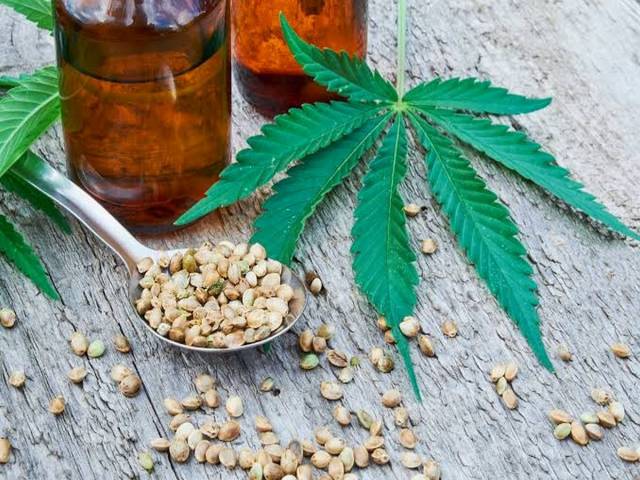
All Benefits of Hemp
Hemp, known by its scientific name Hemp Sativa. A tradition of its cultivation has developed since it arrived in Spain, about 1,500 years ago from China.
The latter, known as hemp, has many uses and applications that should not be regulated but only accepted to obtain its benefits.
Three raw materials are obtained from hemp: the seeds, which are resistant, soft, insulating, and absorbent, are used in the textile sector to make clothing, nets, ropes, etc.; the pulp is used to make paper; and the seeds are used to produce biofuel, lubricants, bioplastics, food, and cosmetics.
The idea of prohibiting this type of product, since they consider hemp to be the same, has caused very strong stigmas. But it is just the opposite, being a very useful plant that can help many industries to offer options with less impact on the environment.
BENEFITS OF HEMP
Hemp is called “the wonder plant” because it has a wide variety of benefits applied to both health and the environment.
FOOD AND HEALTH
It is considered a superfood that has become fashionable, as well as chia or flax seeds, and this is because it is a complete protein that provides essential amino acids. It also contains magnesium, iron, vitamins B and E, and omega 3 and 6 fatty acids.
Among its health benefits, it has a protective effect against cardiovascular diseases, regulates blood sugar, delays cellular aging, and improves the immune system. On the other hand, it is beneficial for tiredness and fatigue, prevents arthritis and rheumatism, improves premenstrual syndrome and menopause, and regulates intestinal transit.
ENVIRONMENT
Reduces air pollution
Hemp has the potential to have a positive impact on our health, mainly because it breathes CO2 making what we breathe much cleaner. Hemp plantations are more efficient than trees in transforming carbon dioxide into oxygen, as evidenced by the fact that hemp does the same as a hectare of trees with only a quarter of it.

Avoids waste
One of the biggest environmental benefits is that every part of hemp is used to produce different products (beer, sunscreen, milk, shoes, ropes, clothes, soap, shampoo, tofu, slippers, chocolate, flour, and much more). The fibers of this plant can be composted as a natural fertilizer because it is rich in nutrients, which shows that nothing is wasted, making it an excellent option to improve current production processes.
Reduces dependence on pesticides
Hemp fibers are resistant to insect pests and predators, in other words, it does not need harmful chemicals for their growth which favors environmental pollution as these harmful products do not seep into the soil or waterways.
Helps combat climate change
Global warming caused by the concentration of greenhouse gases hinders the release of heat from the atmosphere into space, which leads to temperature rises on our planet generating many negative effects. As we have already mentioned above, hemp has optimal CO2 absorption reducing the problem of heat increase. Visit Hemponix where you will find lots of great information.
Eliminates toxicity in the soil
Hemp crops favor the cleaning of soils after industrial pollution and accidents, as studies show that they can be used for the elimination of toxins such as lead, cadmium, and nickel. For example, it was used after the Chornobyl nuclear disaster to eliminate radioactive strontium and cesium left on the earth’s surface.
